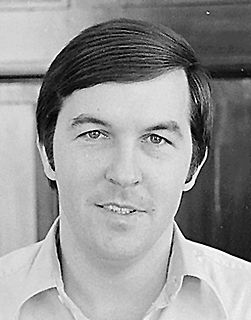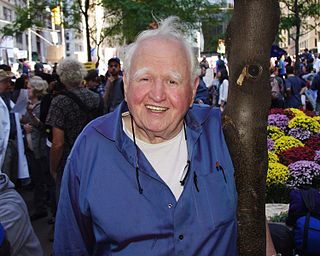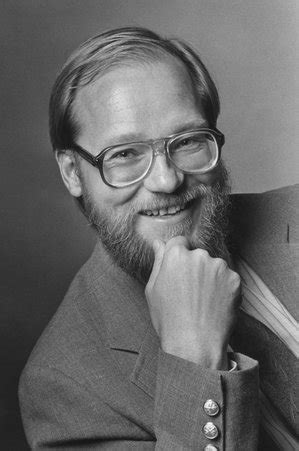A Quote by David Andrew Sinclair
We once thought of cancer as an incurable disease; then we started treating it.
Related Quotes
They didn't tell me what type of cancer I had. They didn't tell me what stage I was in. They just told me, 'Mr Gomez, you have cancer.' My life flashed before my eyes. I thought about my kids, I thought about my wife. Nothing prepares you for the shock of someone telling you you have that horrible disease.
We say that one gets cancer, or a cold, or kidney disease. One would
never think to say that one is cancer. But we say that one is depressed,
or bipolar, or schizophrenic. A disease of the body is a condition. But
a disease of the mind, we think, is a state of being. We no longer
believe, as we did 250 years ago, that the mentally ill are animals,
but we are not yet ready to grant that they are fully human either.
We must never forget that we may also find meaning in life even when confronted with a hopeless situation, when facing a fate that cannot be changed. For what then matters is to bear witness to the uniquely human potential at its best, which is to transform a personal tragedy into a triumph, to turn one's predicament into a human achievement. When we are no longer able to change a situation-just think of an incurable disease such as inoperable cancer-we are challenged to change ourselves.




































